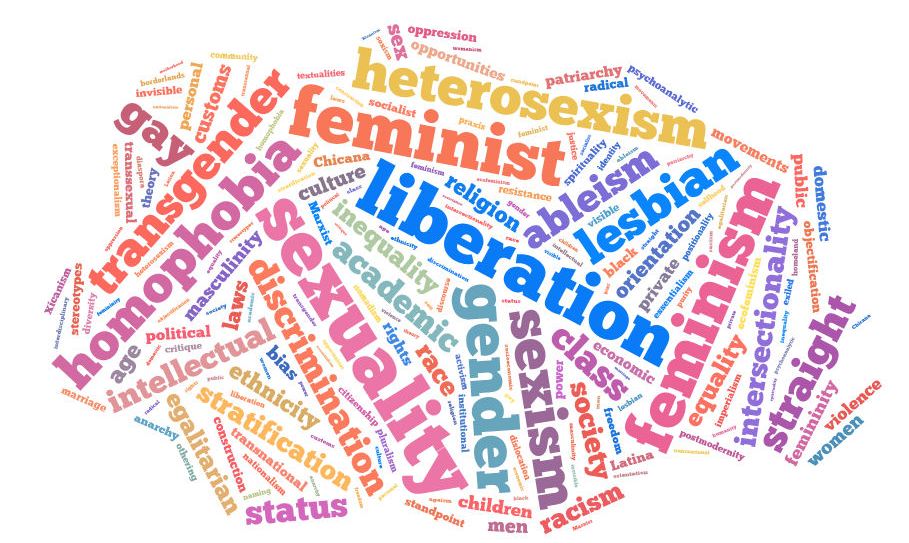By Pardes Lyons-Warren
Editor’s Note: This issue features essays written by students in FG110 Introduction to Feminist and Gender Studies taught by Dr. Heidi R. Lewis in Block 3. FG110 teaches students how to examine, power, inequality, and privilege along the lines of gender, sexuality, race, socioeconomic status, age, physicality, and other social, cultural, and political markers using multi-, inter-, and transdisciplinary approaches. These essays respond to Spring Awakening, a Tony-award winning show set in the 19th century about a group of adolescents navigating the complexities of sexuality in an era where they have limited access to information, hosted by Performing Arts at CC and Music, Theatre, & Dance.
Spring Awakening is a musical that attempts to address many issues including domestic violence. Ilse and Martha are two of Wendla’s close friends, however, their storylines are important and unique. Both of these young women experience abuse from their fathers. We learn this when Martha’s braid is coming undone and her friends tease her about cutting it off. Martha’s reaction is sharp and scared, she tells her friends that disobedience is rewarded with a beating in her home. She even reveals a fresh welt from being beaten with a belt buckle the night before. This scene is followed by Ilse and Martha singing a duet, consoling each other by sharing their experiences with violence and rape, each assuring the other she is not alone. Directed at their abusers, they sing, “You say all you want is a just a kiss goodnight / then you hold me and you whisper ‘Child the Lord won’t mind.’” As Sylvanna Falcón points out, “the use of rape as a tactic against women is well documented” (Falcón, 227). Though she is discussing war tactics, it can applied to the discipline of young women here as well.
In “Awful Acts and the Trouble with Normal,” Erica Meiners discusses the prevalence of rape in the home. She says, “the Bureau of Justice clearly identifies that ‘acquaintances’ and then family members are the highest risk category for sexually assaulting children” (Meiners 282). In the musical, Martha and Ilse’s friends had no idea about the abuse and the girls discourage them from telling anyone. Meiners examines the culture that allows for a blind eye to be turned on such heinous behavior. She says, “we are so willing to notice certain kinds of violence… but the other, equally devasting and even more intimate harm, is so carefully protected.” Systems of threats and a lack of precedence for justice keeps domestic violence hidden away.
This narrative is presented in the context of Wendla being upset that her mother shields her from learning about her sexuality. Her mother, and the culture Spring Awakening is set in, deem this knowledge inappropriate and a pathway to deviant behavior. It can also be inferred that her mother believes she is protecting Wendla from vicious men in the outside world. However, as Martha, Ilse and Weiners make clear, the outside world is not necessarily what young women should fear.
Though Martha’s and Ilse’s narratives are presented as side stories and may feel rushed, it is important that they are there. Weiners discusses how harmful the narrative of the “boogie man,” a stranger who will jump out of a bush and attack a woman walking home, is. Martha’s story emphasizes that point because her friends are shocked to hear her father abuses her, they can’t conceive of such an act. Furthermore, the secrecy of it in the community at large discourages Martha or Ilse from reporting their fathers.

